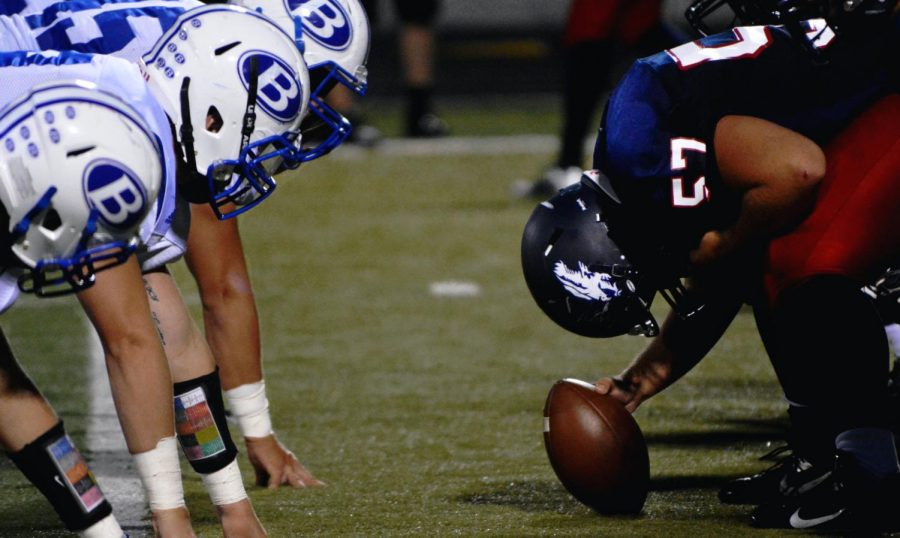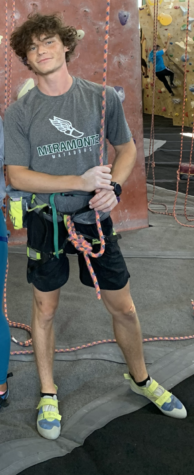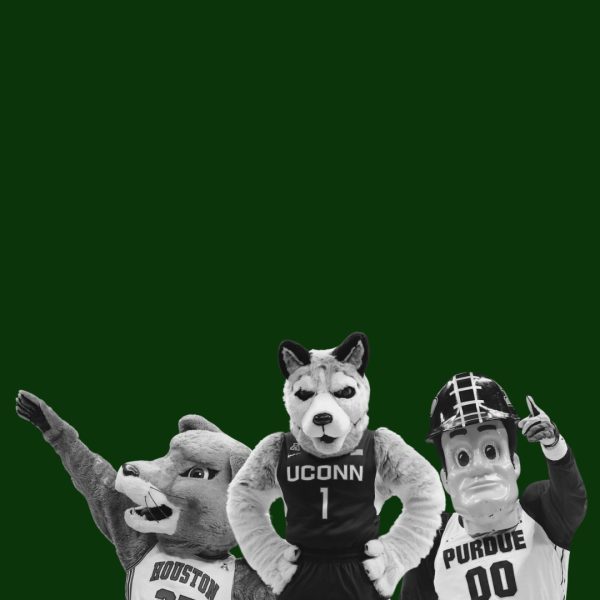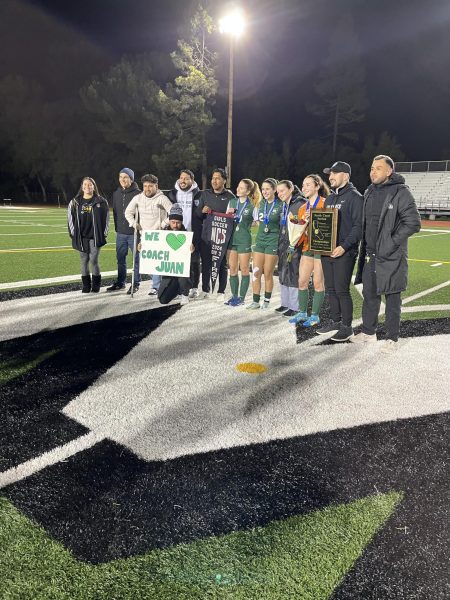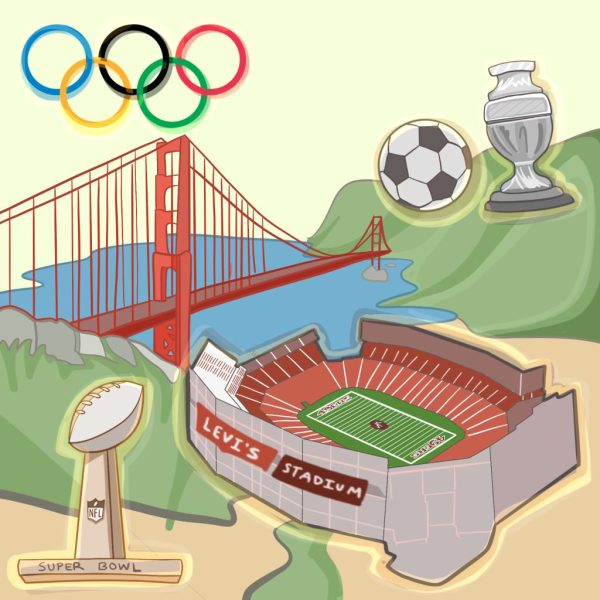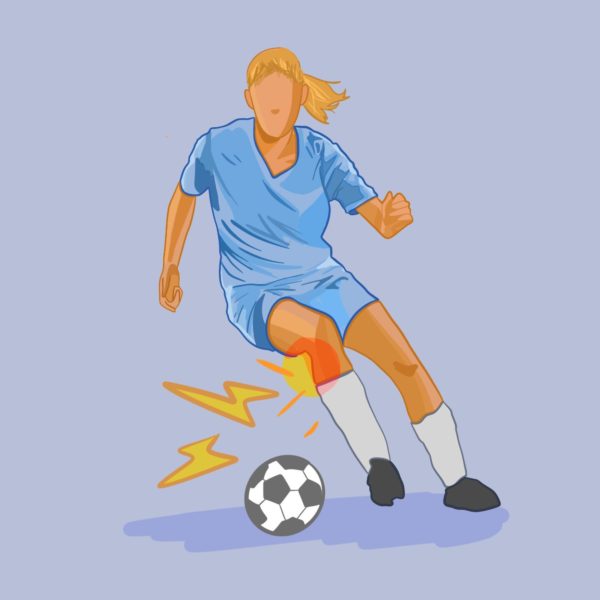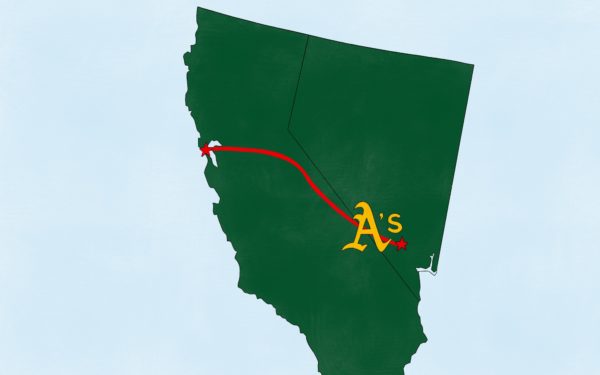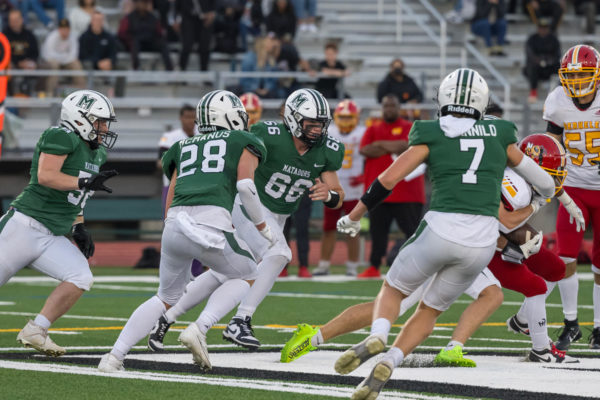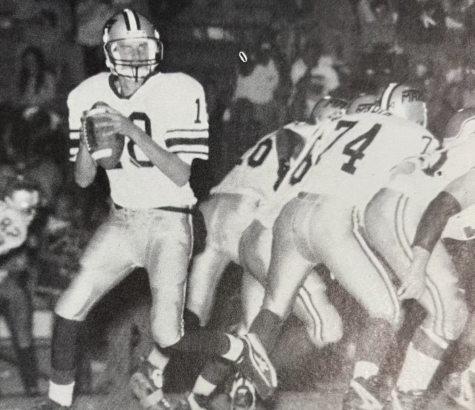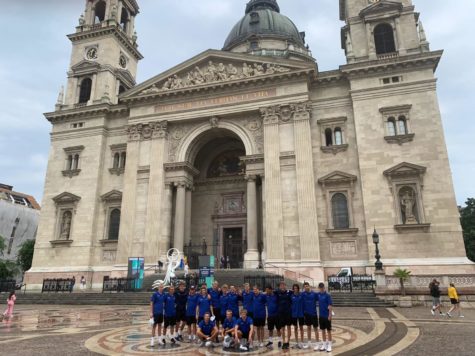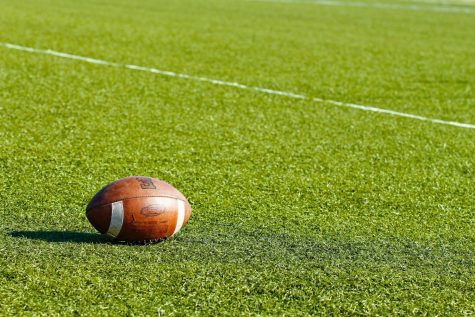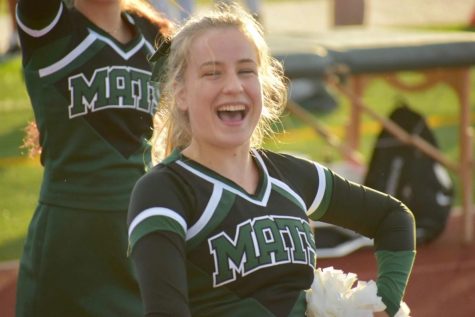NCAA Announces that Athletes are Able to Profit Off Their Likeliness
May 12, 2020
The National Collegiate Athletic Association (NCAA) announced April 29 that they have initiated the process of allowing athletes to profit off of their likeliness and image. The new rules will be implemented in the 2021-2022 school year, enabling athletes to earn money from third-party sponsors. The NCAA will not be involved in the payment toward the athletes and will monitor the payments and the process.
Similar to California Senate Bill 206 (Fair Pay to Play Act), the bill that allows California student-athletes to make money off of their likeliness, this announcement sets the motion for all student-athletes in Division I, II, and III nationwide to earn money from their name. The plan must be approved by all three major divisions before it is implemented, so it’s likely the bill will see some major changes to its language and structure before its ratification.
“The NCAA’s work to monetize name, image, and likeness continues, and we plan to make these important changes on the original timeline, no later than January 2022. The board’s decision today provides further guidance to each division as they create and adopt appropriate rules changes,” Ohio State University Senior Vice President and Athletics Director and working group co-chair Gene Smith said.
Income is likely to be modest for most athletes, however, outstanding players could earn notable sums of money through various endorsements such as Nike, Under Armour, Coca Cola, and Gatorade.
“The right athlete could be making millions. But I don’t think that’s trickling down to the other 100 players in the program. It’s a star system,” sports agent Leigh Steinberg said.
According to ESPN, the NCAA received about $1 billion in revenue in the 2016-2017 academic year. Apart from scholarships, student-athletes received none of that money. The money made by the NCAA is distributed between individual universities, all three divisions, championship funds, and academic programs. Whereas other students such as actors and musicians can earn cash from their talents and have been doing so for years.
“[Student-athletes] should be able to receive endorsements because they are doing tons of work for their sport throughout the year. They should definitely be able to get paid for it. They are creating billions of dollars for the NCAA and they should be able to make money off of their own name at the very least,” freshman Matthew Hawkins said.
Athletes are a great way for advertisers to use the celebrity figure of that athlete to promote their product. “The role of influencers is growing exponentially,” marketing consultant and a professor at New York University Allen Adamson said. “The value to the athlete is mostly driven by an athlete’s social media following rather than being on billboards on the side of the road saying, ‘Buy this chicken sandwich.’” Adamson estimates worthy social influencers could earn $200,000-$300,000 per year.
However, these new rules could potentially be abused by colleges to entice students to commit to their university. A college could lure athletes by claiming that the student could earn money through endorsements that the college claims to have pre-arranged. The NCAA will keep track of all endorsements athletes receive and intervene if necessary to maintain a fair system.
“This is either the day that a wall of injustice around student-athletes started to crumble, or the day the NCAA used more tactics to bait and switch young men and women from some of our most vulnerable communities,” politician Mark Walker tweeted.
These new rules are merely the first steps made to permit student-athletes to make money off of their name and image. These rules are likely to change as they pass through all three divisions and are adjusted to as seen fit.
“Throughout our efforts to enhance support for college athletes, the NCAA has relied upon considerable feedback from and the engagement of our members, including numerous student-athletes, from all three divisions. Allowing promotions and third-party endorsements is uncharted territory,” chairman and president of Ohio State Michael V. Drake said.



